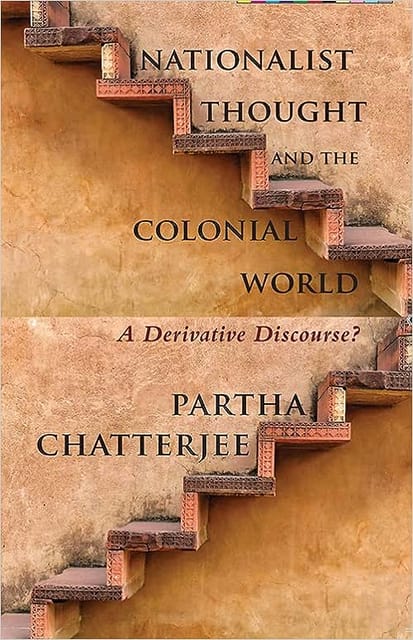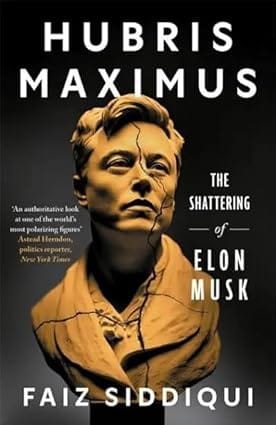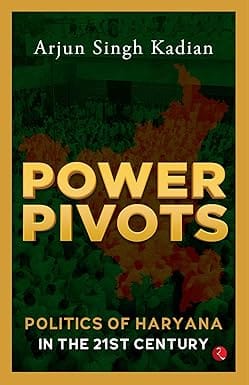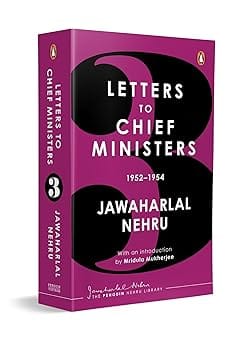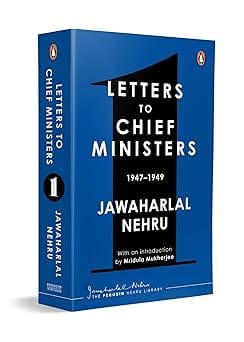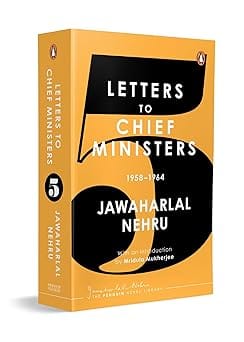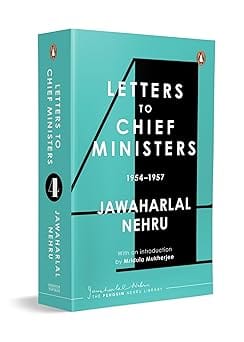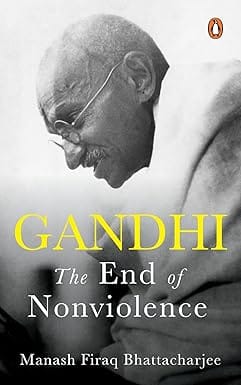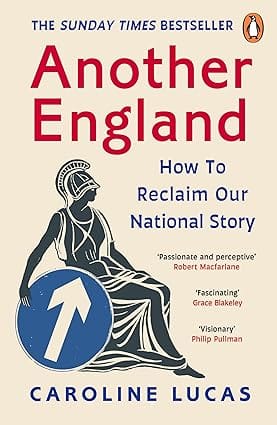WELCOME TO MIDLAND BOOK SHOP!
SHOP FOR
- Contemporary Fiction
- Contemporary Fiction
- Children
- Children
- Comics & Graphic Novels
- Comics & Graphic Novels
- Non-Fiction
- Non-Fiction
- Fiction
- Fiction
Shop No.20, Aurobindo Palace Market, Hauz Khas, Near Church +91 9818282497 | 011 26867121 110016 New Delhi IN
Midland The Book Shop ™
Shop No.20, Aurobindo Palace Market, Hauz Khas, Near Church +91 9818282497 | 011 26867121 New Delhi, IN
+919871604786 https://www.midlandbookshop.com/s/607fe93d7eafcac1f2c73ea4/677cda367903fd013d69b606/without-tag-line-480x480.png" [email protected]9788178246710 64e8a16bffb2830f011faa01 Nationalist Thought And The Colonial World A Derivative Discourse? https://www.midlandbookshop.com/s/607fe93d7eafcac1f2c73ea4/64e8a16cffb2830f011faaee/613sen2ayml-_sx498_bo1-204-203-200_.jpg 9788178246710
First published in 1986, this book has become a classic in the study of nationalism. Arguing against theorists such as Benedict Anderson and Ernest Gellner, Chatterjee shows that whereas nationalist thinkers in the colonial world shared the intellectual premises of the modern state based on a rational legal order and popular sovereignty developed in the West, they disagreed on who should carry out the transformation and how they must accomplish it. The outcome, Chatterjee claims, was a modern postcolonial state that was not a replica of the modern state in the West. Tracing this journey in the Indian case, Chatterjee shows how Bankimchandra posed the task as one of emulating the industries and sciences of the West while retaining the spiritual greatness of the East. Gandhi then undertook a major manoeuvre by mobilising the peasant masses in the cause of national freedom, only to lay the ground for a state of which the masses would be a part but in which they would not participate. Nehru completed the journey by inaugurating the national state as a rational and progressive institution that had found its place within the global realities of power.
in stockINR 316
1 1
Email ID already exists!
Your Current password is incorrect
Password Updated Successfully
Thanks for your Feedback
Nationalist Thought And The Colonial World A Derivative Discourse?
ISBN: 9788178246710
₹316
₹395 (20% OFF)SIZE GUIDE
Sold By: Hauz Khas - Aurobindo Market
Details
- ISBN: 9788178246710
- Author: Partha Chatterjee
- Publisher: Permanent Black
- Pages: 190
- Format: Paperback
Book Description
First published in 1986, this book has become a classic in the study of nationalism. Arguing against theorists such as Benedict Anderson and Ernest Gellner, Chatterjee shows that whereas nationalist thinkers in the colonial world shared the intellectual premises of the modern state based on a rational legal order and popular sovereignty developed in the West, they disagreed on who should carry out the transformation and how they must accomplish it. The outcome, Chatterjee claims, was a modern postcolonial state that was not a replica of the modern state in the West. Tracing this journey in the Indian case, Chatterjee shows how Bankimchandra posed the task as one of emulating the industries and sciences of the West while retaining the spiritual greatness of the East. Gandhi then undertook a major manoeuvre by mobilising the peasant masses in the cause of national freedom, only to lay the ground for a state of which the masses would be a part but in which they would not participate. Nehru completed the journey by inaugurating the national state as a rational and progressive institution that had found its place within the global realities of power.
User reviews
NEWSLETTER
Subscribe to get Email Updates!
Thanks for subscribing.
Your response has been recorded.

India's Iconic & Independent Book Store offering a vast selection of books across a variety of genres Since 1978.
"We Believe In The Power of Books" Our mission is to make books accessible to everyone, and to cultivate a culture of reading and learning. We strive to provide a wide range of books, from classic literature, sci-fi and fantasy, to graphic novels, biographies and self-help books, so that everyone can find something to read.
Whether you’re looking for your next great read, a gift for someone special, or just browsing, Midland is here to make your book-buying experience easy and enjoyable.
We are shipping pan India and across the world.
For Bulk Order / Corporate Gifting
 +91 9818282497 |
+91 9818282497 |  [email protected]
[email protected]
Click To Know More
INFORMATION
QUICK LINKS
ADDRESS
Midland Book Shop - Hauz Khas
Shop No.20, Aurobindo Palace Market, Near Church, New Delhi
Shop No.20, Aurobindo Palace Market, Near Church, New Delhi

